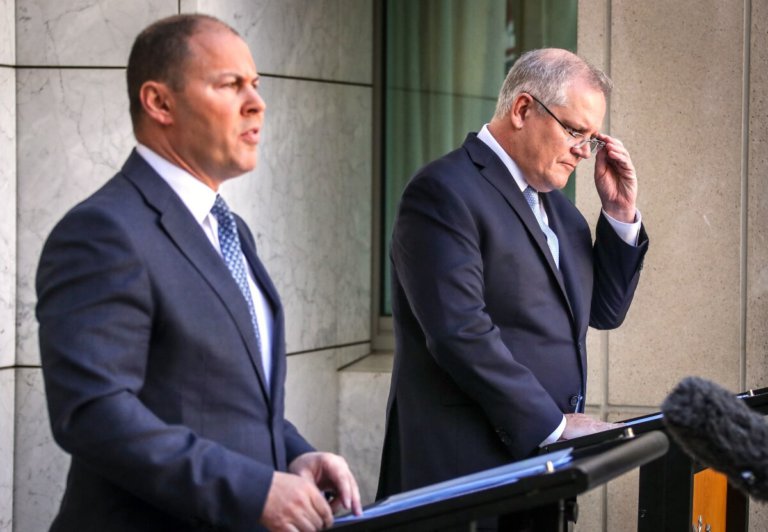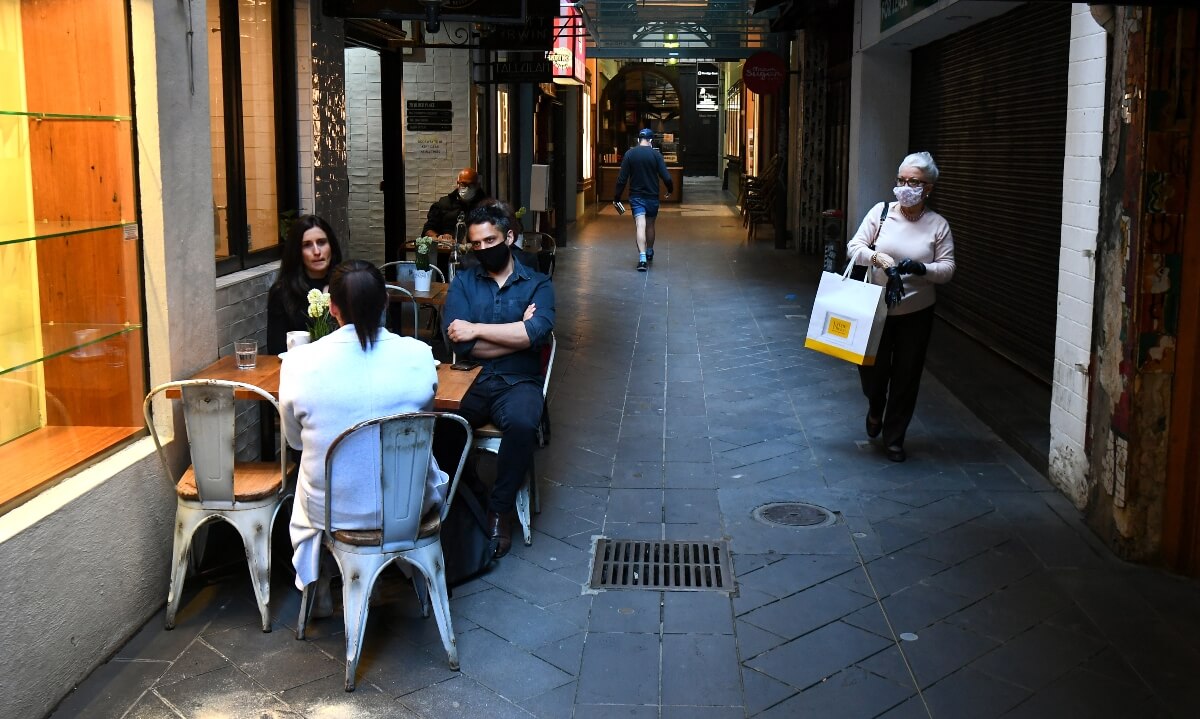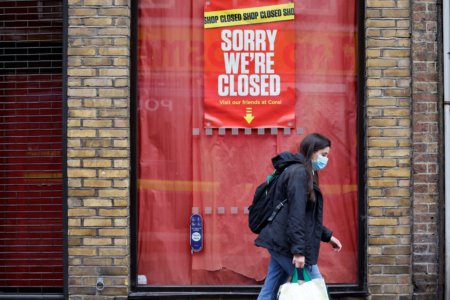
The Australia budget has hinted that international students could return later this year. Small phased programmes for international students are expected to commence in late 2021 and gradually increase from 2022, according to Australia’s 2021-22 budget. It was delivered by Treasurer Josh Frydenberg in Parliament on May 11.
According to Budget Paper No 1, a key assumption in its economic forecast is a gradual return of temporary and permanent migrants, assumed to increase from mid-2022. “Small phased programmes for international students will commence in late 2021 and gradually increase from 2022. The rate of international arrivals will continue to be constrained by state and territory quarantine caps over 2021 and the first half of 2022, with the exception of passengers from Safe Travel Zones,” it said.
The budget outlined key initiatives to support the country’s worst-hit sectors and regions, which include the education sector. A total of 53.6 million Australian dollars will be allocated to support Australian education providers most reliant on international students.
Australia budget removes work hour caps for students in tourism, hospitality

The Australia budget announced changes that will help international students working in the tourism and hospitality sector. Source: William West/AFP
The Australia budget also included help for international students working in the tourism and hospitality sector by allowing those who are already in the country to work more hours. Previously, they had a fortnightly limit of 40 work hours. This will be scrapped temporarily.
This measure builds on previous changes in response to COVID-19, which allowed international students working in critical sectors, such as agriculture, health and aged care, to work more than 40 hours per fortnight. Some 350,000 foreigners are in Australia on student visas.
Last night, I outlined the Morrison Government’s plan to secure Australia’s recovery.
A plan to continue protecting Australians from #COVID.
A plan that creates more jobs.
A plan that guarantees the essential services & builds a more resilient & secure Australia. #Budget2021 pic.twitter.com/InErqKDCho
— Josh Frydenberg (@JoshFrydenberg) May 11, 2021
The Australia budget papers were not well received by pockets of people. Speaking to ABC News, Council of International Students Australia national president Belle Lim said the announcement received mixed reviews from international students, with some welcoming the move, while for others it was “too little too late.” Lim was quoted saying that the lack of support for students who struggled to make ends meet due to financial hardship last year showed “international students are not valued by this government,”
Speaking about Australia’s border closures, Universities Australia’s chief executive Catriona Jackson told The PIE News, “With assumptions around borders being shut until mid-2022 now baked into the budget, the picture for universities will get worse. There will be significant flow-on effects for the nation’s research capacity and jobs inside and outside universities.”
In an op-ed in The Guardian, Nobel laureate and Australian National University vice-chancellor Brian P Schmidt said: “It’s absolutely imperative we open our national border and return our international students as soon as we safely can. Universities have plans in place to do this safely and are ready to act. We just need commitment from [the] government to act on them.”
According to reports, international student enrolments fell 14% between November 2019 and November 2020, from 586,724 to 502,202. The fall is likely to continue as new students fail to take the places of those who are finishing. Some new students are enrolling online, but researchers note that their numbers are not enough to replace those finishing their courses.
The Navitas Agent Perception Research found that Australia’s and New Zealand’s appeal as a study abroad destination is slipping while countries including the US, Canada and the UK are among those gaining traction. The survey captures the opinions of agents on the impact of COVID-19 on international education. Australia and New Zealand continue to maintain a hard stance against international arrivals. Agents see little prospect for travel to Australia and New Zealand in 2021 and are reticent about prospects for early 2022.










